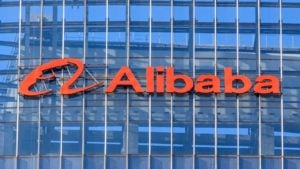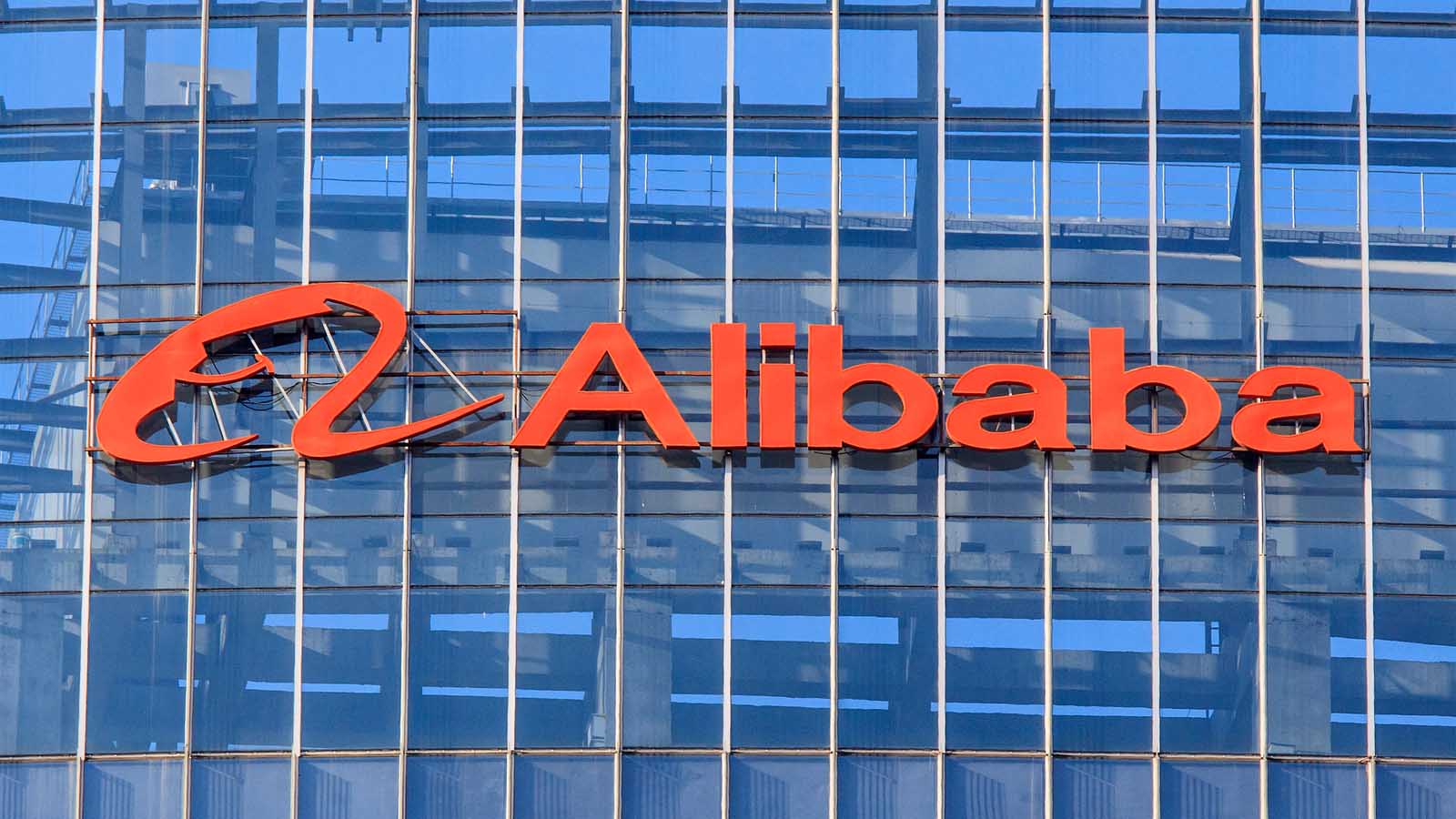If you’ve restricted yourself to domestic stocks, then you could be missing out on the virtually unstoppable growth of a massive and successful Chinese company. I’m referring to Alibaba (NYSE:BABA), the e-commerce giant, as the momentum in Alibaba stock isn’t likely to slow down.

Of course, a black-swan event such as a major resurgence in the novel coronavirus could derail BABA stock’s progress. Anything is possible, but investors have to work with probabilities and Alibaba has no evident problems right now.
Besides, as we will see in the upcoming technical analysis of BABA stock, this investment has demonstrated an impressive level of resiliency. Additionally, Alibaba is involved in a number of future-proofed market niches.
Alibaba Stock at a Glance
Since Asia generally felt the fiscal impact of the coronavirus before the United States did, it makes sense that BABA stock dropped earlier than Amazon (NASDAQ:AMZN), the company’s American counterpart.
The decline in the share price began after BABA peaked at $230 and change on Jan. 13. The coronavirus crater didn’t last very long, though. In fact, the majority of the loss in the share price was regained by the end of June.
Patient investors were finally rewarded in early July as BABA made a parabolic move from $216 to $261. This is not unusual price action after a stock has been “basing” for a while. As long as the company is profitable, the gains in the stock price are fully justified and should persist for a while longer.
Paying the Price for Quality
Some commentators might balk at the idea of paying extra for BABA stock since it recently made a move higher. However, we have to remember the wise (albeit loosely paraphrased) words of Warren Buffett: price is what you pay, but value is what you get.
In other words, a stock can still be a great buy even if the price is higher today than it was a couple of weeks ago. It makes sense to examine both the price of the shares and the fundamentals of the company.
Fundamentally, Alibaba is in terrific shape. Needham analyst Vincent Yu certainly seems to concur with this outlook as he has established a price target of $275 on BABA stock.
Yu furthermore assigned a rating of “buy” on the stock. The analyst cited Alibaba’s “well-established ecosystem, strategic position in the e-commerce value chain and deep understanding of China’s retail environment.”
One would be hard-pressed to argue with Yu’s point here. Alibaba generates approximately $72 billion in annual revenues. It remains a strong global competitor in the area of online and mobile commerce.
More Than E-Commerce
However, there’s more to Alibaba than its direct online commerce business. For instance, the company offers over 800 social media products. This means that consumers can look to Alibaba as the equivalent of not only Amazon, but Facebook (NASDAQ:FB), too.
In addition, Alibaba is a pioneer with respect to integrating live streaming with e-commerce. Live streaming might not sound directly relevant to e-commerce, but Alibaba has seamlessly integrated the two online experiences.
During the coronavirus pandemic, Alibaba doubled its number of live streams. With 200 live streams available now, Alibaba can offer shoppers a much more interactive experience.
And, as Yu points out, Alibaba’s live streaming integration provides “entertainment values that do not come with traditional shopping experiences” along with “access to exclusive discounts that are not available elsewhere.”
The Final Word on Alibaba Stock
Alibaba’s investment into social media and live streaming have already begun to pay off big-time. I encourage you to expand your geographic horizons and consider a position in BABA as this online commerce bellwether continues to push the proverbial envelope.
Louis Navellier had an unconventional start, as a grad student who accidentally built a market-beating stock system — with returns rivaling even Warren Buffett. In his latest feat, Louis discovered the “Master Key” to profiting from the biggest tech revolution of this (or any) generation. Louis Navellier may hold some of the aforementioned securities in one or more of his newsletters.
